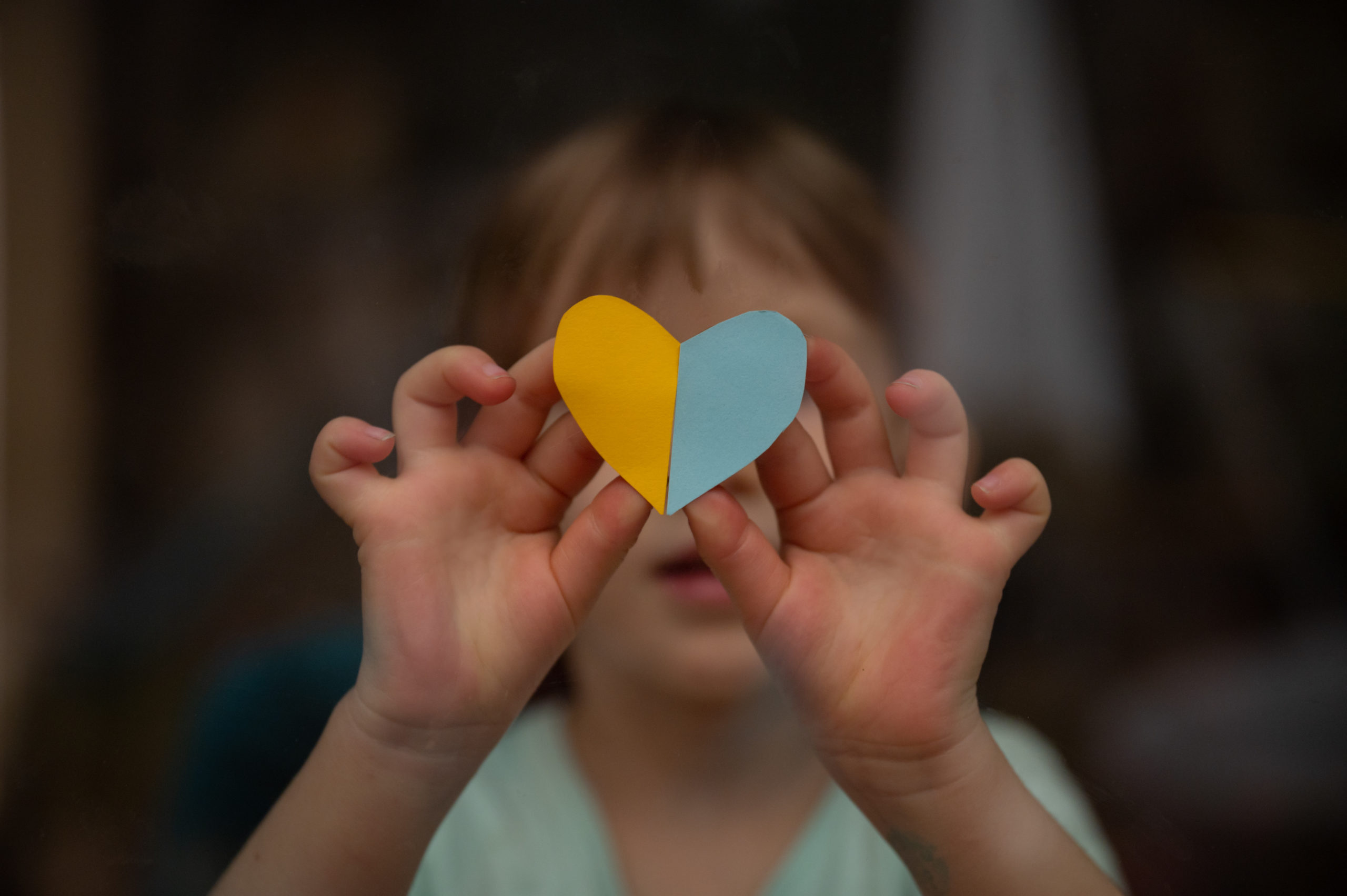Original article (in Slovenian) was published on 28/12/2022
Russia does not prohibit its citizens from adopting children from other countries, but since August 2022 it does prohibit the adoption of Russian children to countries that the Russian authorities claim are unfriendly to Russia. This includes all EU member states.
The portal 24ur.com published on 7 December a piece on Ukrainian children taken from the occupied territories by the Russians. It included the claim that until recently Russian legislation prohibited the adoption of children from other countries. “But when the Russians really needed it, Putin signed a decree that facilitates adoption and grants the children citizenship.”
This referred to a claim in the same piece that Russian soldiers were allegedly kidnapping Ukrainian children in the occupied territory around Kherson, taking them to Russia, and putting them up for adoption to be raised in the Russian cultural environment.
The applicable Family Code does not prohibit the adoption of children from other countries. And as of 1995 Article 165 of the Family Code states that those in Russia who want to adopt a child from another country must get the consent of the child’s legal representative. Moreover, the authorities in the child’s country of origin must consent, as does the child if that is a prerequisite in their country of origin.
The Russian Duma did indeed adopt in August 2022 a decree that prohibits countries which have an unfriendly attitude towards Russia from adopting Russian children. However, the decree does not simplify procedures for the adoption of children from other countries in Russia.
The list of unfriendly countries currently contains 48 countries, including all EU member states. The vast majority of the countries were placed on the list because they have introduced sanctions against Russia due to its attack on Ukraine.
On 30 May this year, three months after the start of war in Ukraine, Russian president Vladimir Putin issued a decree that makes it easier to grant Russian citizenship to orphans and children without parental protection from areas in Ukraine. However, the decree does not determine adoption procedures for Ukrainian children, it merely states that a child’s custodians or the heads of institutions such as orphanages may ask that a child get citizenship.
Stricter adoption rules during the war
Data by Unicef show that there were around 100,000 children in institutionalised care in Ukraine at the start of Russia’s invasion, half of which were children with special needs. Many of them had living custodians or relatives.
During the first seven months of fighting the majority of these children returned to their families and custodians. Over 1,600 were transferred to other areas in Ukraine and about 6,000 sought refuge in the EU and Turkey. The data, which Unicef has not been able to conclusively confirm and verify, suggests that since the start of the war between 2,000 and 3,000 orphans have been relocated to non-government controlled territory and the Russian Federation.
Unicef warns that children separated from their parents during a humanitarian emergency cannot be assumed to be orphans and should not be adopted during or immediately after emergencies. Every child who lived in residential care before the war is considered to have living close relatives until proved otherwise after the end of the emergency, they explained.
The signatories to the UN Convention on the Rights of the Child pledged that the interest of the child will be the paramount concern in adoption procedures and only the competent authorities will authorise adoptions. They agreed that inter-country adoption may be considered as an alternative means of child’s care if the child cannot be placed in a foster or an adoptive family or cannot in any suitable manner be cared for in the child’s country of origin.
The claim that Russian legislation until recently prohibited the adoption of children from other countries is not true.
The claim that Putin signed a decree which makes it easier to grant citizenship to children is true. The claim that this decree makes it easier for Russians to adopt children is unsubstantiated because the decree does not deal with facilitation of adoption procedures.



